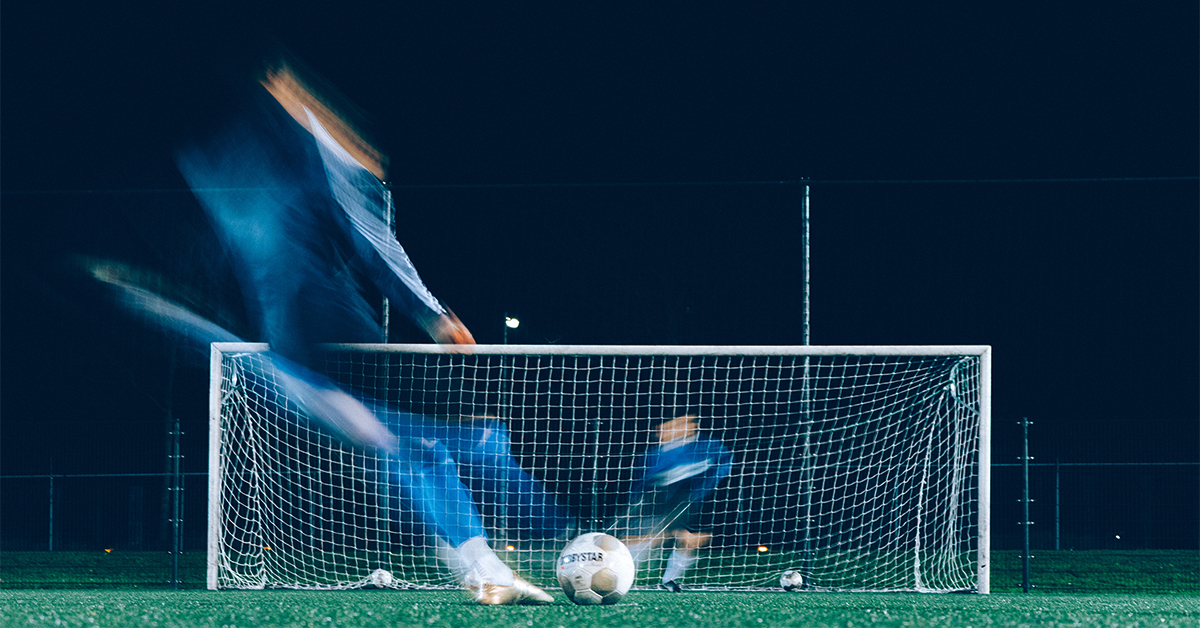
Photo by Jannes Glas on Unsplash
Not too long ago we used to pull out our phones just to call a friend, or read a text. Today, we use our mobile phones for just about anything. Chief among these activities is social interaction. During sporting events, this urge to relate to others hits a fever pitch, thanks to platforms like Twitter, Facebook, and Instagram.
Feeling connected
Technology has always influenced our behavior. But few things have reshaped society like the smartphone – a pocket computer that’s constantly on alert to fetch you the latest news, runs games to keep you entertained and utility apps for every-day scenarios, takes pictures that develop in a fraction of a second, and lets you share experiences on the go. In all senses, the smartphone is perhaps the most versatile broadcasting device ever created.
Humans are social beings. We love to connect with members of our kind, especially on an intellectual level. The internet is arguably the preferred go-to platform to do this, because it makes it easy to follow people with similar interests. It’s one of the main reasons why Twitter exists, for example.
Because smartphones let us carry our favorite social channels right in our pockets, we now enjoy events like the World Cup and The Olympics in a whole new way – by sharing the excitement as it unfolds with the entire planet.
A population of bloggers
According to the latest Mobility Report from Ericsson, the 2014 football world championship was a very good example of online social activity peaking during sporting events. Sharing the moment was a top priority for many.
- 26.7 TeraBytes (TB) of traffic were generated solely from football fans sharing the excitement with others – the equivalent of around 50 million digital photos
- the 75,000 spectators who watched the final match live from Maracanã Stadium generated a 1.5 TB of data traffic with their handheld devices – the equivalent of 9 billion social media posts
- social media records were broken worldwide when 88 million users generated a total of 280 million interactions with regards to the final match alone
- the 2014 World Cup Final was the most discussed sporting event ever on Facebook
- users also broke records on Twitter, where an all-time-high of 618,000 tweets per minute were recorded with regards to Argentina’s defeat at the hand of Germany
- the preferred data services during matches were instant messaging and social networking
- 96 percent of interviewees said they used their mobiles during matches
- 84 percent of locals used mobile broadband; for international visitors, the number was 50 percent
According to the report, 33% of those on hand at the World Cup posted or sent a video on the internet, while 18% actually stopped paying attention to the game to watch a video on the web. 66% accessed social networks regularly, 61% posted or sent a picture, and 25% looked up content related to the final. As many as 81% used instant messaging during matches, 75% made or received phone calls, and 66% used SMS. Interestingly, Ericsson didn’t ask about selfies – of which I’m sure there were plenty.
Taken together, the numbers indicate one thing: sharing impressions has become an essential part of watching sports events. All thanks to the miniaturization of technology, and of course, our insatiable need to connect.
Post A Reply